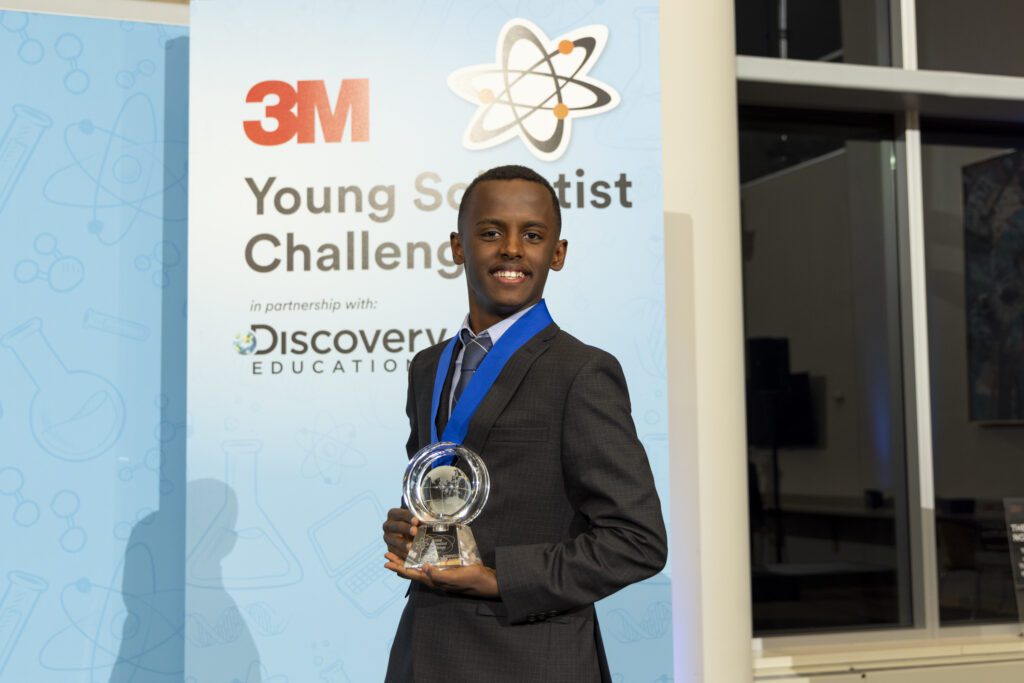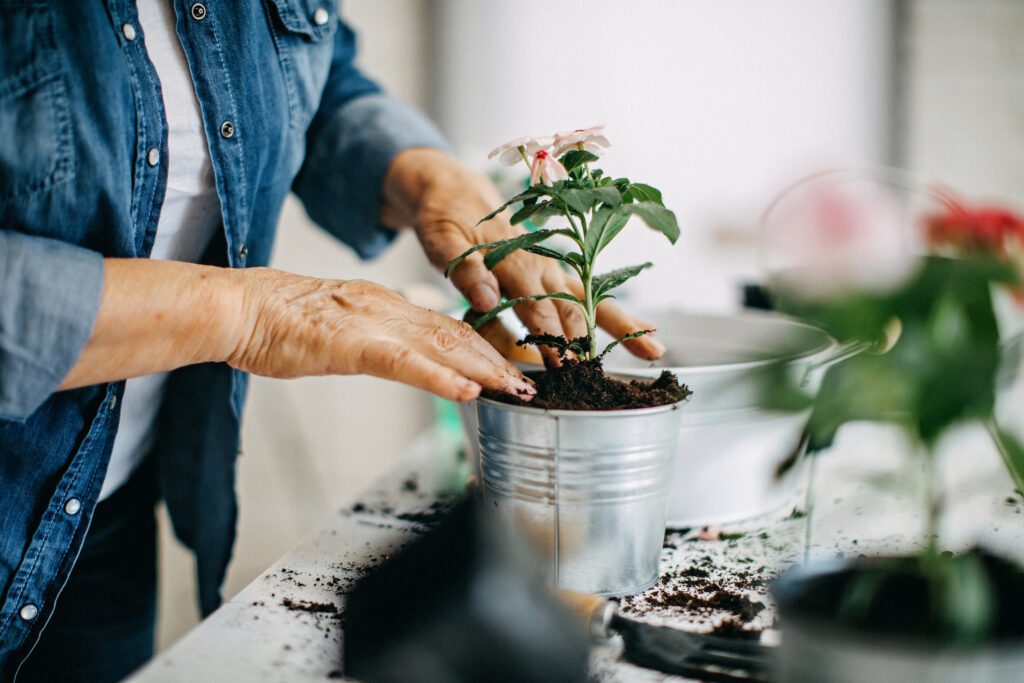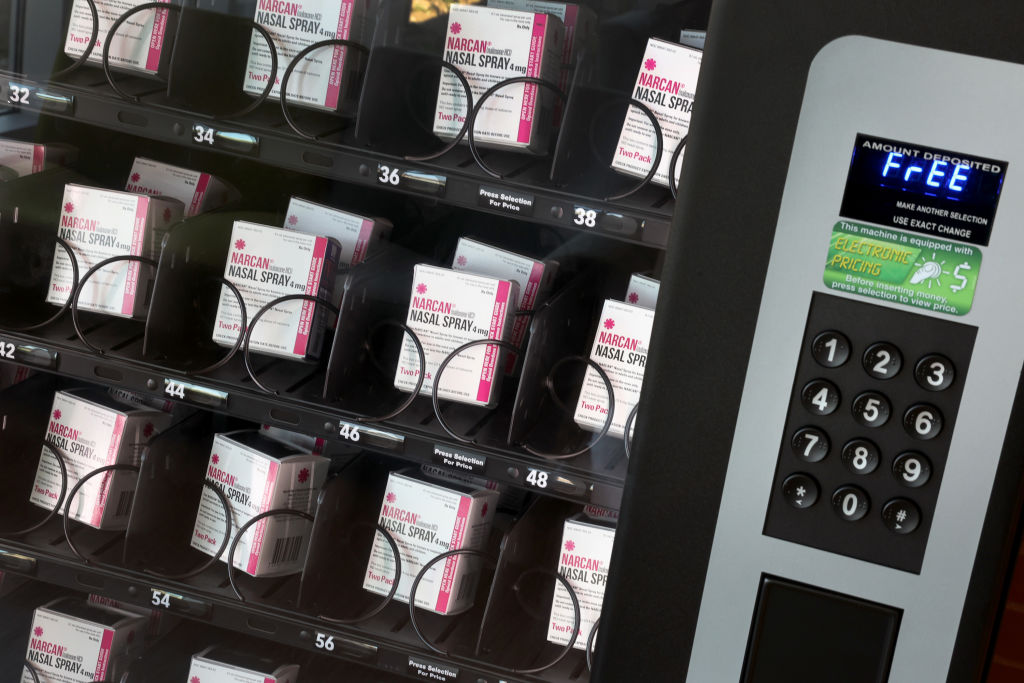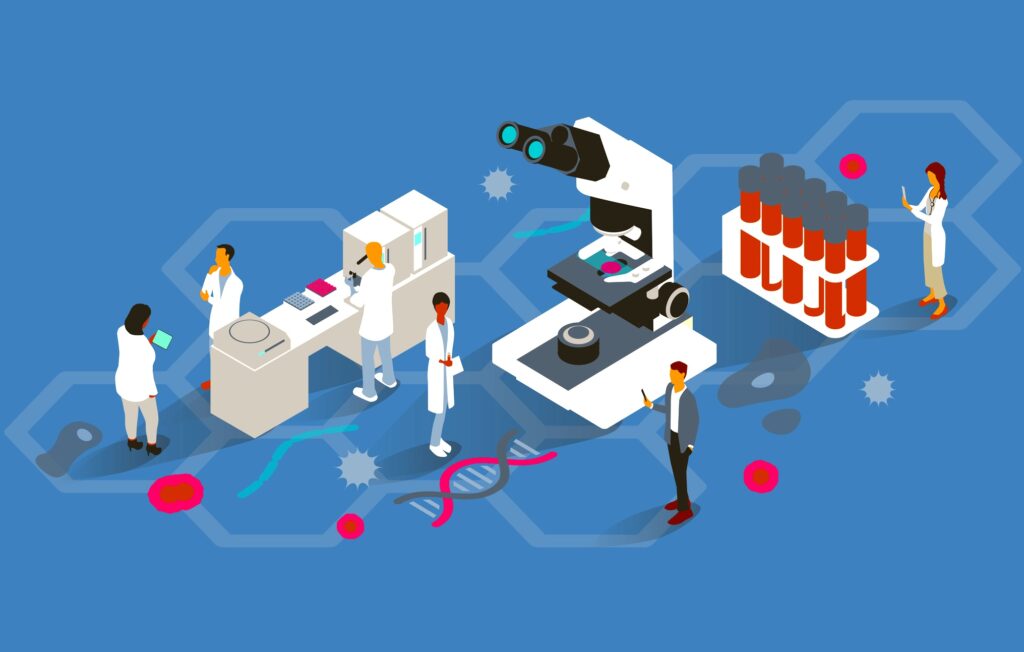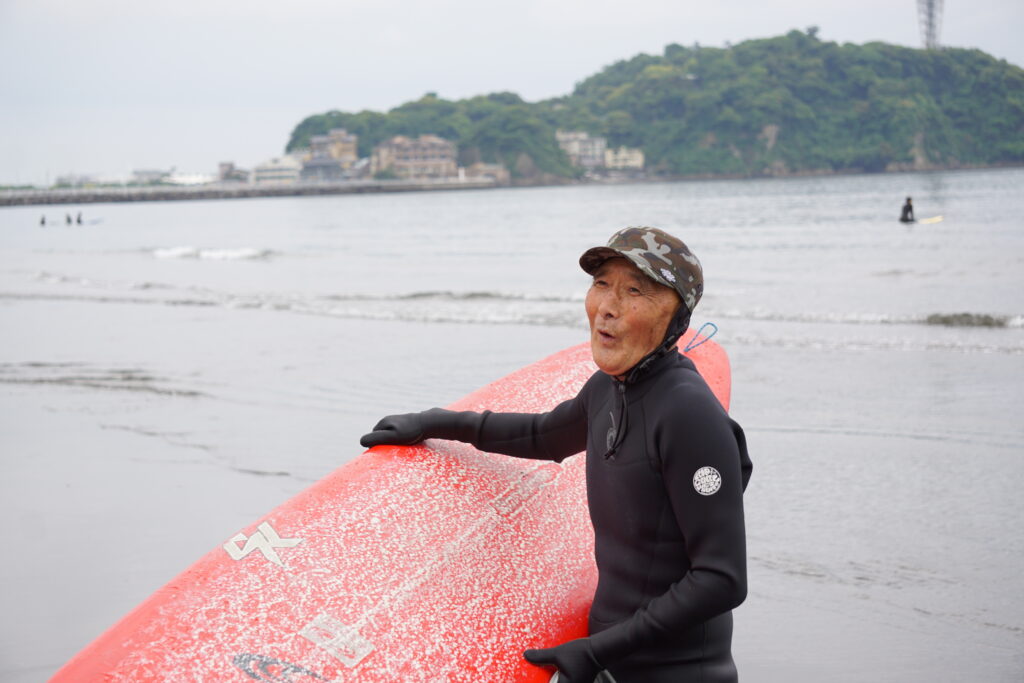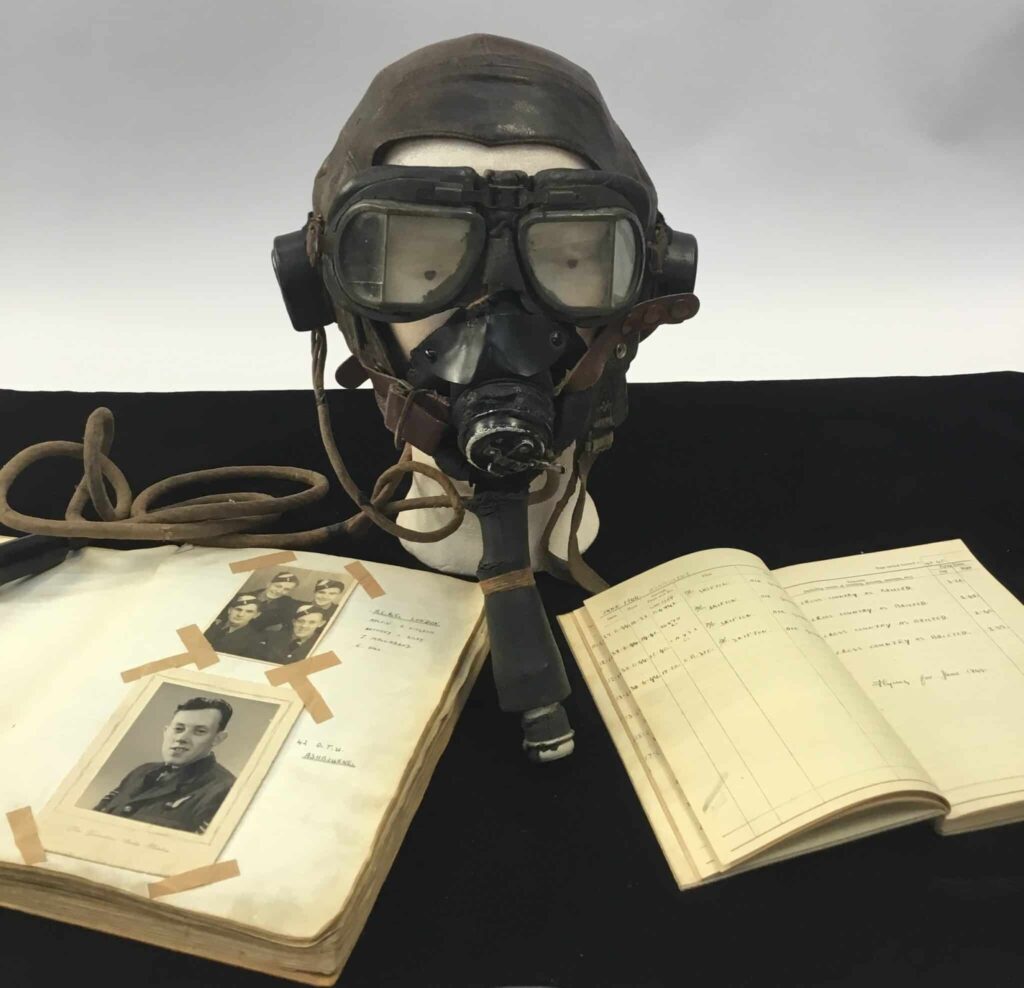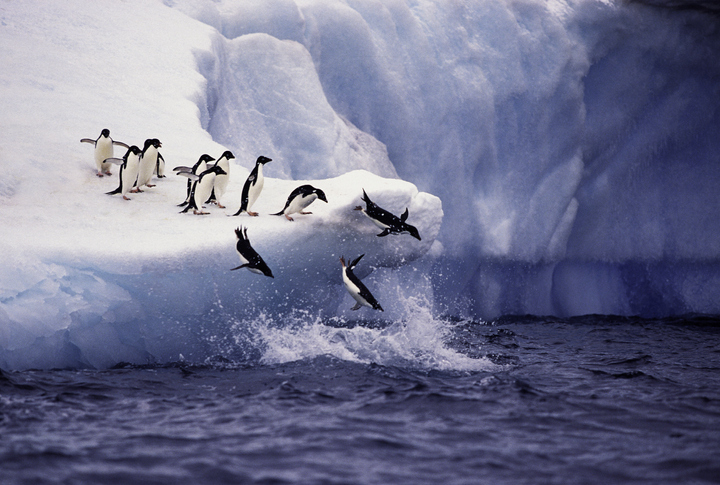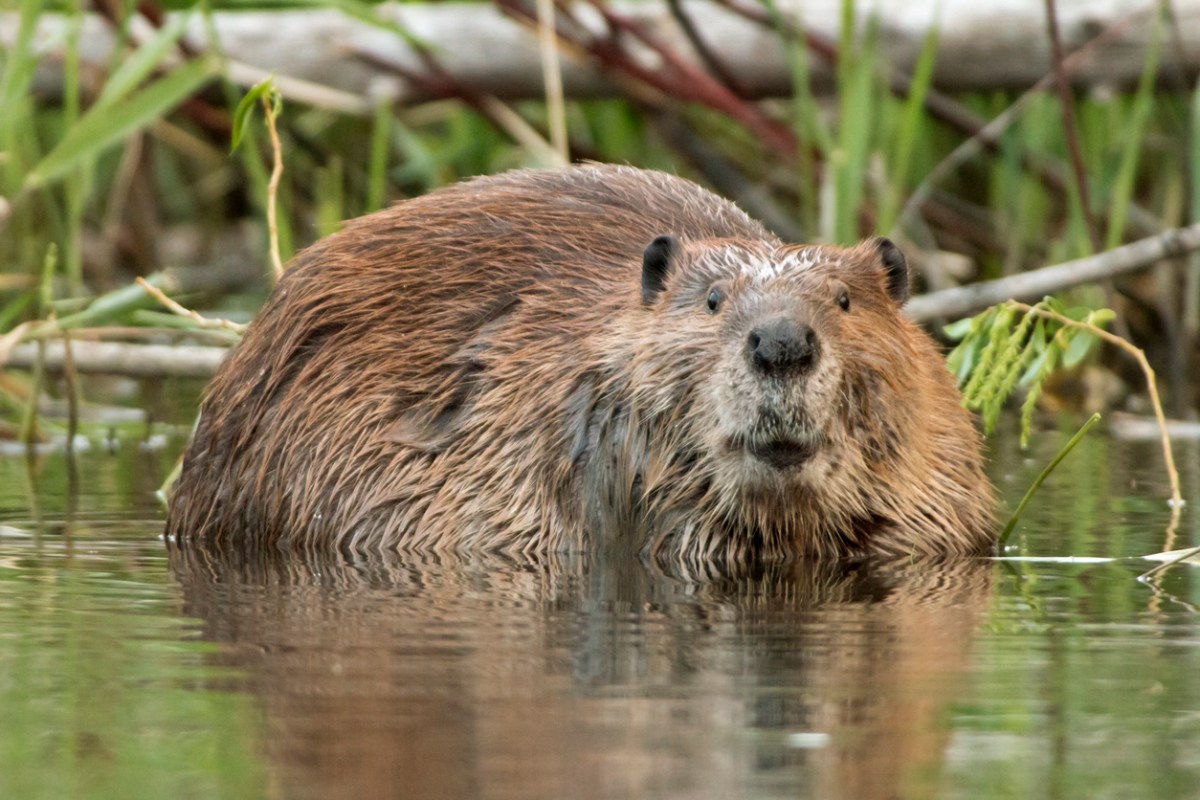A Virginia 14-year-old won $25,000 and earned the title of America’s Top Young Scientist this past fall for developing an affordable soap that can treat skin cancer. Heman Bekele plans to refine his invention over the next five years and create a nonprofit to distribute it in low-income communities.
The ninth grader spent four months competing against nine other finalists in 3M and Discovery Education’s Young Scientist Challenge, which encourages kids to “think creatively and apply the power of STEM to discover real-world solutions.” He was paired with a mentor, who helped him turn his idea into a prototype. It works by delivering cancer-fighting agents to the skin by way of lipid nanoparticles.

Bekele told NPR that he’s “always been really passionate about science and how things work,” and his experience growing up in Ethiopia inspired him to develop his soap.
“I always thought people were always getting hit by the hot sun working outside,” he shared. “I didn’t think much of it when I was really little, but as I grew up I realized how big of an issue [skin cancer] really is. Not only in Ethiopia but everywhere around the world.”
He added that, despite skin cancer being common and, in most cases, treatable, the price tag for that treatment averages around $40,000. He was also struck to learn that survival rates differed drastically in developing countries than areas with access to high-tech interventions.
“I was devastated by the idea of people having to choose between treatment and putting food on the table for their families,” Bekele said in a profile on him by his school district. “There are so many preventable deaths.”
He started experimenting in the kitchen and basement of his family home, first working on the saponification, or soap-making, process. “It was so difficult to get a bar of soap that didn’t just melt immediately,” he explained, adding: “Persistence is a very important part of the scientific process.”

Bekele also began learning about dendritic cells, which boost the immune system but are weakened when they come into contact with cancer cells. In his submission video for the challenge, he describes these cells as “the guards for your skin’s safety.”
The soap delivers chemicals that reactivate the dendritic cells, with the main cancer-fighting agent being Imidazoquinoline. That drug is commonly found in antifungals and acne treatments and has recently begun to be explored for use against skin cancers.
Speaking to PBS, the teen elaborated on the concept, stating that “even though the soaps and suds will be washed away by the soap, there will still be all of the medicinal components stuck there by the lipid-based nanoparticle. And this is kind of a more new and novel approach to fighting against skin cancer.”
“My main goal here was not only to fight against skin cancer, but to find a more affordable and accessible approach to it,” Bekele, who loves playing chess and runs track and field for his school, continued. And he achieved that goal — one bar of the soap costs just $.50 to produce.
Click here to learn how to perform a skin-cancer self exam.
RELATED: “America’s Top Young Scientist”: 14-Year-Old Creates Low-Cost Headphones to Treat Ear Infections
